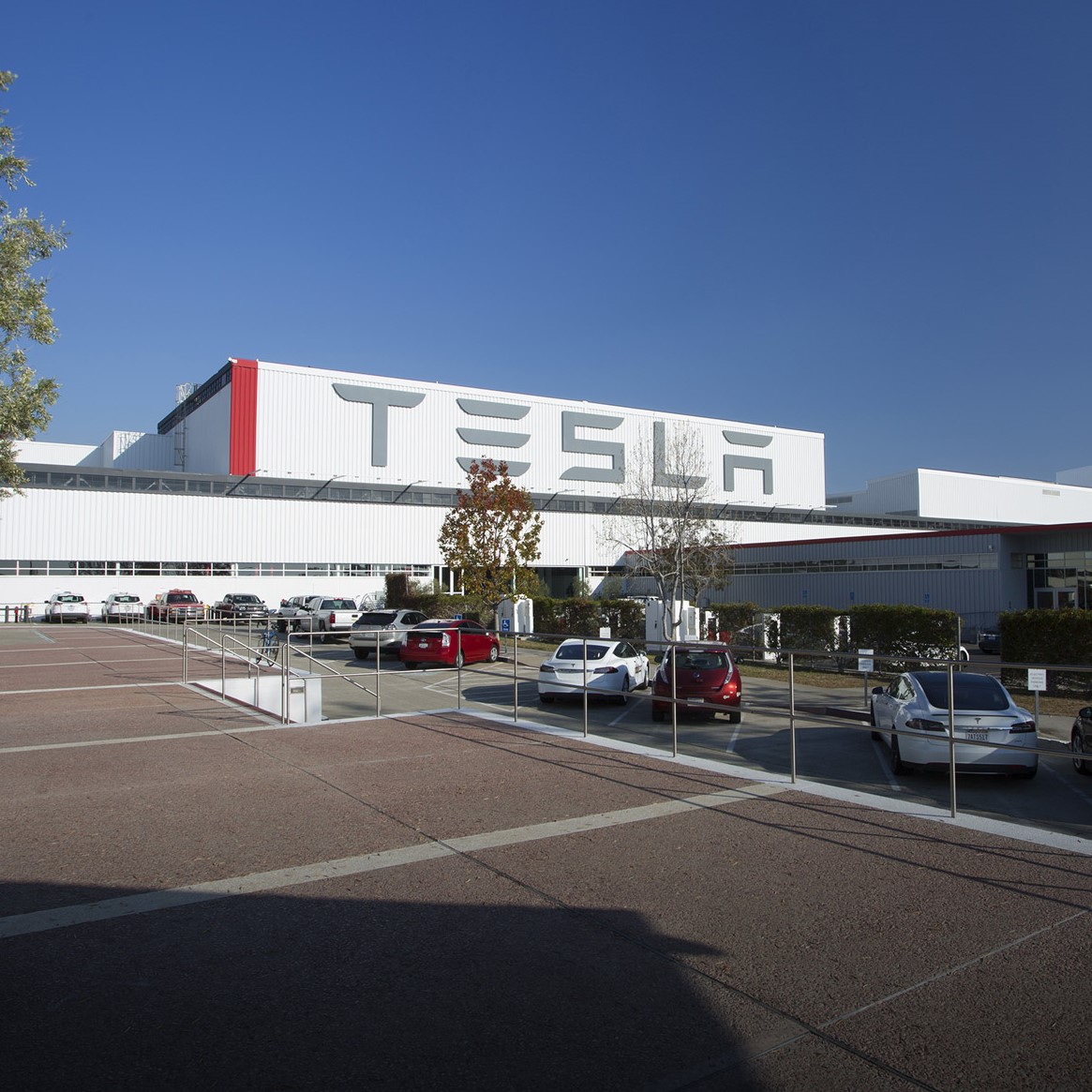Energy
Why Tesla Scored Another SolarCity Induced Analyst Downgrade

Published:
Last Updated:

Earlier in June, Elon Musk’s brainchild Tesla Motors, Inc. (NASDAQ: TSLA) made an acquisition bid for SolarCity Corp. (NASDAQ: SCTY) essentially bringing his family of businesses under one roof. However a fair number of investors and analysts are not particularly keen on this move by Musk, and there was some resulting fallout within Telsa.
According to the deal, Tesla offered its own stock, valuing SolarCity in the range of $26.50 to $28.50 per share, or a total of $2.6 billion to $2.8 billion. This also represents a premium of 25% to 35% compared to SolarCity’s June 21 closing price of $21.19 per share. Tesla is offering between 0.122 and 0.131 of its shares for each SolarCity share.
From a strategy perspective, Tesla believes that the acquisition of SolarCity would transform it into a “vertically-integrated energy company” that would be able to sell electric cars, make and sell energy storage for buildings and the grid, and make and install solar panels.
But what do analysts have to say on the subject?
Just recently the independent research firm, Argus, downgraded Tesla to a Hold rating all based on what the firm sees as a “poorly timed acquisition bid for SolarCity.” The downgrade is primarily based upon near-term concerns that the acquisition comes at an inappropriate time in the life of Tesla, as the company still struggles to become a profitable firm. Argus believes that this proposed deal will more than likely lengthen the time it takes for Tesla to generate an operating profit.
Argus further detailed in its report:
In addition, we are concerned about the potential dilution that the acquisition would potentially offer and the elevated risk level that we believe the combination would create. In all, while we believe that Tesla has made significant strides in addressing issues concerning high manufacturing costs, contracting gross margins and production shortfalls, we also believe that the proposed acquisition of SolarCity adds a new level of meaningful risk to the operations at Tesla Motors.
At the lower end of the 0.122 and 0.131 range of Tesla-offered shares, existing shareholders could expect to be diluted by roughly 9%. When taking into account Tesla’s May capital raise of $1.4 billion, shareholders could be diluted by a total of 14%.
The independent research firm concluded its report:
Like its competitors, Tesla faces risks from weak global economic conditions and changes in consumer preferences and spending patterns. Tesla is also at risk from higher costs for components and raw materials, as well as from manufacturing disruptions. In addition, the company is a new player in an established, high-volume industry, and is heavily dependent on the leadership of founder and CEO Musk.
Shares of Tesla were last trading up 1% at $200.43, with a consensus analyst price target of $251.38 and a 52-week trading range of $141.05 to $285.65.
Shares of SolarCity were recently trading up over 5% at $23.82. The stock has a consensus analyst price target of $28.41 and a 52-week trading range of $16.31 to $61.72.
The average American spends $17,274 on debit cards a year, and it’s a HUGE mistake. First, debit cards don’t have the same fraud protections as credit cards. Once your money is gone, it’s gone. But more importantly you can actually get something back from this spending every time you swipe.
Issuers are handing out wild bonuses right now. With some you can earn up to 5% back on every purchase. That’s like getting a 5% discount on everything you buy!
Our top pick is kind of hard to imagine. Not only does it pay up to 5% back, it also includes a $200 cash back reward in the first six months, a 0% intro APR, and…. $0 annual fee. It’s quite literally free money for any one that uses a card regularly. Click here to learn more!
Flywheel Publishing has partnered with CardRatings to provide coverage of credit card products. Flywheel Publishing and CardRatings may receive a commission from card issuers.
Thank you for reading! Have some feedback for us?
Contact the 24/7 Wall St. editorial team.